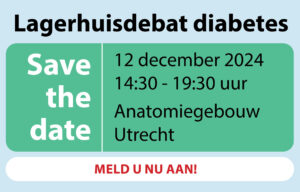Posttransplantation diabetes mellitus (PTDM) contributes to risk for cardiovascular morbidity and mortality in renal transplant recipients (RTRs). In the general population, consumption of a diet containing few fruits and vegetables predisposes to type 2 diabetes. The role of diet as a potential modifiable risk factor for PTDM has not been explored. Our focus was to investigate the prospective associations of fruit and vegetable intake with risk of PTDM in stable RTRs.
We included 472 adult RTRs who had a functioning graft ≥1 year. Fruit and vegetable intake was assessed by using a 177-item food frequency questionnaire. PTDM was defined according the American Diabetes Association’s diagnostic criteria for diabetes.
During 5.2 years of follow-up, 52 RTRs (11%) developed PTDM. Fruit intake was not associated with PTDM (hazard ratio [HR] 0.90 [95% CI 0.79–1.03] per 2log g/day; P = 0.13), whereas vegetable intake was inversely associated with PTDM (HR 0.77 [95% CI 0.63–0.94] per 2log g/day; P = 0.009). Mediation analyses revealed that ±50% of the association between vegetable intake and PTDM was mediated by variations in key components of the metabolic syndrome (i.e., HDL cholesterol, triglycerides, and waist circumference) as determined by the National Cholesterol Education Program’s Adult Treatment Panel III Expert Panel.
In this study vegetable intake, but not fruit intake, was associated with lower risk of PTDM in RTRs, likely largely through beneficial effects on key components of the metabolic syndrome. These findings further support accumulating evidence that supports a recommendation of higher vegetable intake by RTRs.


